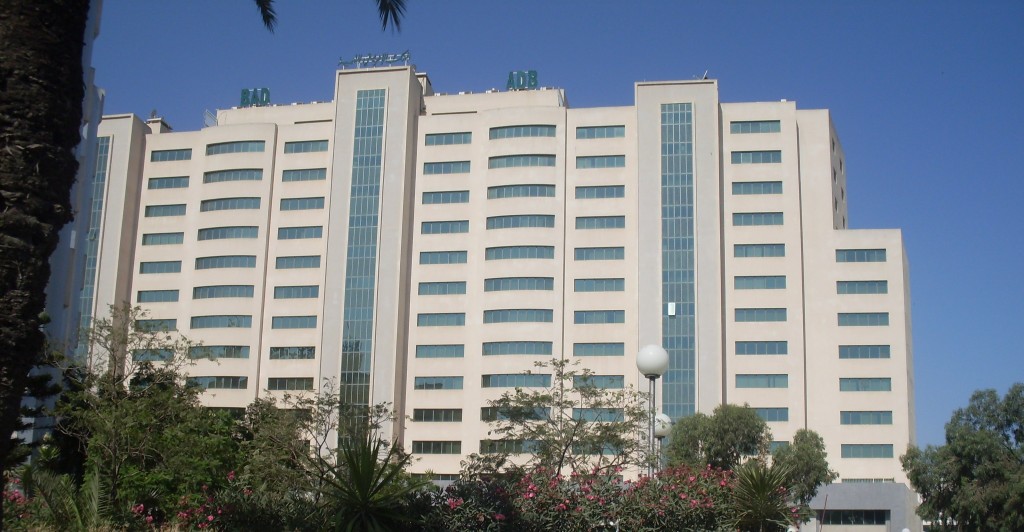Akinwumi Adesina, the outgoing president of the African Development Bank, hassaid that, in 2025, Africa accounted for 12 out of the 20 fastest-growing economies in the world. Mr Adesina said this in a paper presented at the 2025 Standard Chartered Bank Africa Summit held in Lagos. He said that African Development Bank and its partners have mobilised $2.2 billion (about N3.4 trillion) to implement special agro-industrial processing zones in Nigeria. Mr Akinwumi said Africa’s economic growth is projected to rise from 3.3 per cent in 2024 to 3.9 per cent in 2025 and to 4.0 per cent in 2026. He added that, defying all odds, 21 African countries are expected to exceed 5 per cent growth in 2025, with some even exceeding 7 per cent. Regrettably, the renowned economist said that the GDP growth rate on a per capita basis in the continent still falls significantly short of what is needed to achieve quantum leaps in inclusive growth and prosperity for its 1.4 billion people. He said the gap informed the AfDB’s decision to launch its High 5 strategic programs 10 years ago. Speaking on what informed the growth, Adesina identified rapid population growth across the continent.
He said Africa, with the world’s largest youth population, spurred increased consumption of goods and services. The AfDB President added that Africa is critical for feeding the world, as 65 per cent of the uncultivated arable land left to feed the world is located on the continent. According to him, what Africa does with its agriculture will determine the future of food in the world. “The size of the food and agriculture market in Africa is estimated to rise to $1 trillion by 2030. Vast opportunities exist for agribusinesses and Agri-tech companies to apply digital tools to raise productivity and incomes,” he said. Mr Akinwumi equally underscored the importance of expanding access to digital services. He cited the example of a collaborative effort between the AfDB and Mastercard, which aims to provide digital access to information and markets for 300 million farmers. He said that the fund would be deployed to implement Phase 2 of the Special Agro-Industrial Processing Zones, covering 24 states.
He recalled that the bank and its partners had supported the launch of the special agro-industrial processing zones in the first eight states (Ogun, Oyo, Cross River, Imo, Kaduna, Kwara, Kano, and Abuja). Mr Adesina, a former agriculture minister, said the initiative would revolutionise Nigeria’s agricultural sector by enhancing food security, boosting domestic production, and creating thousands of jobs. According to him, investments are necessary to unlock the agricultural potential in Nigeria and Africa in general, particularly for enhancing the value of agricultural commodities. To achieve this, he emphasised the need for the development of industrial platforms that would enable the continent to move up the agricultural value chain. “The AfDB is investing massively in the development of Special Agro-industrial Processing Zones across Africa, enabled with infrastructure to support the establishment of industries to process and add value across a wide range of agricultural products.
“The bank has committed over $934 million towards the development of the special agro-industrial processing zones. We have mobilised co-financing of $938 million from partners, including the International Fund for Agricultural Development, the Islamic Development Bank, Japan International Cooperation Agency, and the West African Development Bank. We have also launched together with partners, the Alliance for Special Agro-Industrial Processing Zones to accelerate the development of these zones across Africa, with $3 billion in commitments,’’ he said.
The AfDB president also disclosed that the development of special agro-industrial processing zones is ongoing at 27 sites across 11 countries in Africa.
Trending Now
Home Economy AfDB: Africa has 12 out of 20 fastest-growing global economies, secures N3.4trn for agro-industrial processing in Nigeria

